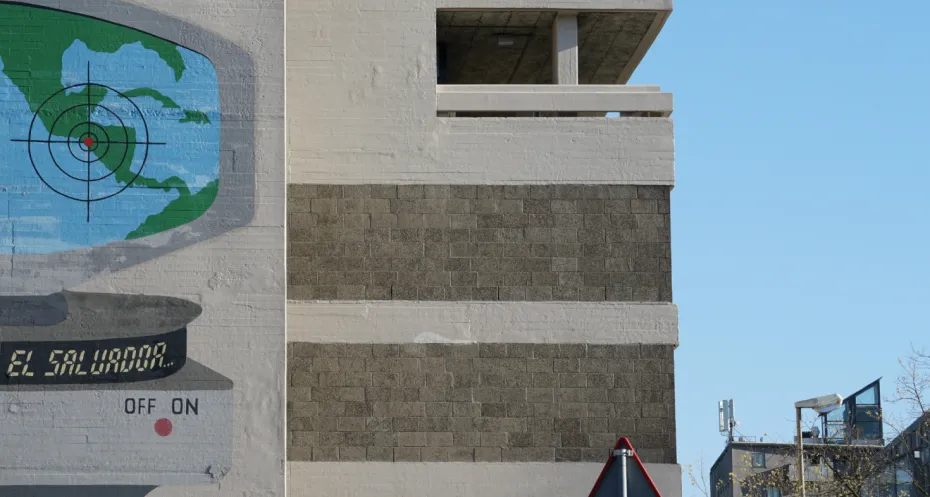
Money Trail: Investigative journalism to tackle financial crime
Investigative financial journalism is often difficult, costly and dangerous. It is also essential: it brings to light crimes that can hinder economic growth in developing countries and increase inequality. Money Trail has supported investigative financial journalists in Asia, Africa and Europe with training and grants.
Financial crime is detrimental to the economies of developing countries. Tax evasion, corruption and embezzlement of government funds can hamper growth and widen the gap between rich and poor.
Investigative financial journalists uncover these abuses, at times with far-reaching consequences: The publication of the Panama Papers sparked mass protests, high-profile resignations and dozens of official investigations in countries all over the world. But financial crime is not always spectacular and does not always reach the front pages of newspapers, despite its serious ramifications.
Training and grants
Free Press Unlimited launched Money Trail together with Oxfam Novib, Finance Uncovered and Journalismfund.eu, and with the support of the Dutch Postcode Lottery, to support journalists who want to uncover financial wrongdoing with training and grants.
In a series of six training sessions, journalists from Asia, Africa and Europe were equipped with the skills and tools to uncover illegal financial practices. Free Press Unlimited contributed to the training by teaching participants how they can enhance their digital security. Investigative journalists learned how to keep laptops, phones and other devices secure and how to keep their investigation and sources safe.
Teams of journalists could also apply for Money Trail grants, offered by Journalismfund.eu, to investigate cross-border illicit financial flows, tax abuse and corruption.
Corruption and tax avoidance
Financial crimes continue to ravage economies. The African Union estimates that a quarter of African states’ Gross Domestic Product (GDP) is lost to corruption every year. Tax avoidance schemes keep funds that can be used for development programmes out of state coffers: one recent report by Finance Uncovered showed that Namibia had lost out on 219 million Namibian dollars (€13.4m) in taxes from the sale of shares in a uranium mine because an offshore holding company was used.
Many stories of financial crimes remain to be told, but they take time, skill and courage to complete. Thanks to Money Trail, many more journalists are equipped to take on the challenge of bringing wrongdoing to light.
This project closed in 2021. Read the final project report here:



